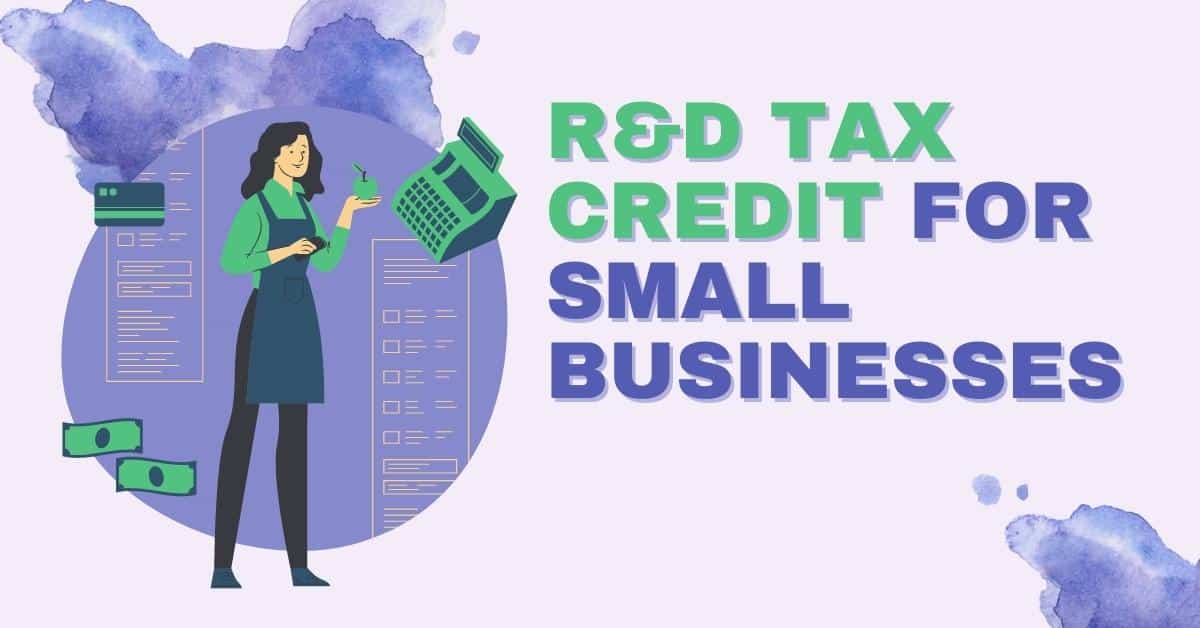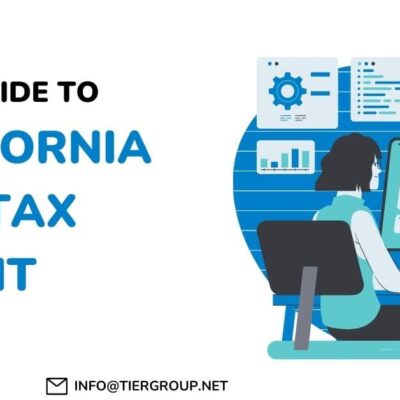
R&D Tax Credit for Small Businesses and Start-Ups in 2021
Starting a business is certainly a stress-including venture. With relatively higher rates of failure, small businesses often face high uncertainty. In such circumstances, missing out on opportunities can cost a lot.
Every successful small business or startup takes advantage of all the opportunities they get to be more competitive and efficient. And, the best example of such an opportunity is the R & D tax credit. Companies do not need to be paying income tax or require revenue to claim this credit. Qualified small businesses can take up to $250K per year annually as a payroll tax offset. Small businesses with revenue less than $5 million are considered eligible for the R&D tax credit. Sadly, many enterprises fail to reap off all the benefits of this credit because of the complexity associated with it.
The easiest way to explore more about the small business R&D tax credit program in 2021 and tax credit eligibility criteria is to work with qualified and renowned tax consultants like us.
What is the R&D Tax Credit?
The Research and Development (R&D) tax credit is a federal income tax credit that encourages businesses of all sizes to increase their investment in innovative activities. The R&D tax credit is available to companies that incur research and development expenses in the United States. The credit amount is based on a percentage of qualified research expenses.
Small businesses can benefit from the R&D tax credit by claiming it as a business expense. The R&D tax credit can be used to offset both income taxes and payroll taxes. In addition, the R&D tax credit can be carried forward for up to 20 years.
The R&D tax credit is a valuable tool for small businesses that are looking to grow their business and become more competitive.
Research and Development Tax Credit for Startups & Small Businesses in 2021
Every year, many successful and well-established businesses fail to take advantage of an R&D tax credit. This is true especially for startups and small businesses.
Research and development tax credits have a lot of benefits for enterprises in 2021. Small businesses and startups can get up to $1.25 million each year for up to five years to offset the Federal Insurance Contributions Act (FICA) portion of their annual payroll taxes.
Businesses must meet the following two conditions to qualify for the R&D tax credit:
- Companies should have revenue less than $5 million in gross receipts for the credit year
- Companies should not have more than five years of gross receipts
Unfortunately, many taxpayers often fail to consider their R&D tax credit eligibility for numerous reasons and ultimately fail to get their own money.
Small businesses can get Research and Development tax credits for their innovative work. There are many steps to claiming these tax credits, which can be confusing. The process of getting the R&D tax credit is simplified if you understand what it is and what your business does that qualifies.
Which Expenses Qualify for Small Business Tax Credit?
If you’re a small business owner in the United States, you may be eligible for a tax credit on your federal income taxes. But what expenses qualify for the credit?
Generally, any expense that is ordinary and necessary for your business can be included when calculating your credit. This includes items such as:
- The cost of goods sold
- Employee wages
- Rent or lease payments
- Business insurance premiums
- Office supplies
- Professional fees
- Utilities
- Truck or car expenses
- Interest payments on business loans
There are a few exceptions, however. For example, capital expenditures – such as the purchase of equipment or property – do not qualify for the credit. And specific items, like meal and entertainment expenses, are never included when calculating your tax credit.
You can also include fees paid to contractors who assist with construction activities performed by your business. But you can’t include payments made to corporations.
Is Claiming the Small Business R&D Tax Credit too Complicated?
Many small business owners generally assume that the small business R&D tax credit program is too good to be true and it would be very difficult to claim for it. Our qualified tax consultants work closely with SMBs to understand their R&D tax credit requirements, explain to them the advantages of this credit, and provide them with the best solutions to magnify their benefits.
7 Common Reasons SMBs Miss Out on the R&D Tax Credit
The R&D tax credit is one of the most lucrative incentives for small businesses and startups. Still, many of them fail to recognize the benefits of research credits. The following are the top reasons small businesses fail to realize the benefits of this non-dilutive income opportunity:
- It sounds too good to be true.
- People think they will not get any revenue and will not be eligible for the R&D tax credit.
- SMB Owners think that they won’t get the R&D tax credit as they do not have any employees.
- They believe that their business doesn’t come under the small business category and thus, they won’t get the research credit.
- They think that their operations do not fall under R&D activities.
- Business owners think that they have already filed the taxes and now it is too late to file an application for the R&D credit.
- They do not find any benefits in research and development tax credits.
Research and Development Tax Credit Eligibility for Small Businesses in 2021
Working with reputable tax consultants like us is your simplest way of learning more about your research and development tax credit eligibility. Firstly, your business needs to engage in qualified research to be eligible for the R&D tax credit.
The following are the best examples of research activities that qualify:
- Your business is into concepts and designs for heating, ventilation, and cooling devices.
- Your business does environmental testing.
- You test new concepts and technology in your industry.
- Your company creates prototypes or models.
- Your company is into the production of new formulas and concepts.
- Business is into improving existing concepts and formulas.
- You develop or apply patents.
- Your company develops new software.
- You develop new equipment to improve processes.
Claiming Your Small Business R&D tax credit is Easy When You Have Us
Your business needs to pass the IRS-created 4-part test to be eligible for research and development tax credit in 2021. The IRS has created this test to examine the following things related to the research activities of your business:
- Uncertainty
- Purpose
- Process
- Nature
We follow a professional approach while handling your R&D tax credit requirements. With us, you get personalized tax credit solutions through knowledgeable and expert professionals. Contact us today at (800) 548–6098 for your FREE R&D tax credit calculation.



